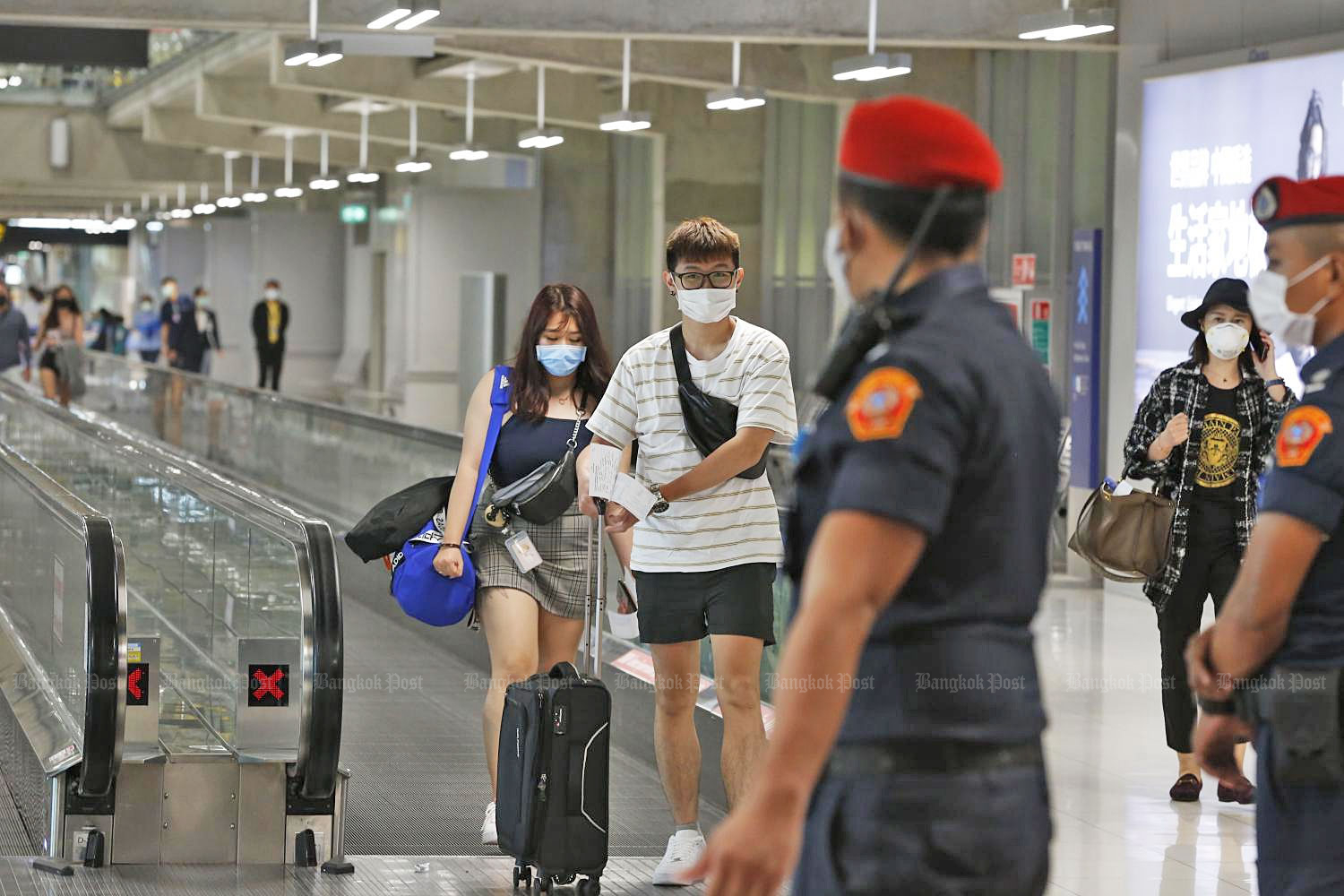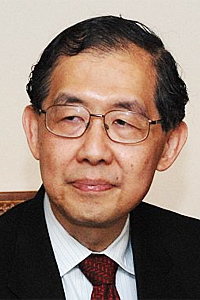
As the world faces the Covid-19 pandemic which is increasingly spreading, irrational human behaviour often exacerbates the situation with hysteria and panic adding to widespread havoc. The knock-on effects have seriously affected millions of people and predictions have been made that the world will likely head towards a recession -- if not a depression -- should the disease spread as the pandemonium continues unabated.
What lessons can one draw from how the outbreak has been handled and what changes need to be made to address such and other challenges in the future?
Firstly, decisive government leadership is crucial.
The Chinese government has been criticised for its harsh measures to impose lockdowns in infected areas, however, the upside is that the number of infections in China have recently declined and the situation is now less critical than it was one month ago. Meanwhile, the Singaporean government has been vigorously implementing surveillance and quick control measures through a whole-of-society approach while keeping businesses open.
Governments have to be firm in their actions and avoid creating anxiety, uncertainty, confusion, or worse, chaos. It should also assure the public that there are adequate supplies of essential goods and services and engender trust among citizens in what it says and does. Well-thought-out and clear-cut communication campaigns are crucial to counter misinformation and fake news and the media also has an important role to play.
Although the world has faced disease outbreaks before, the human psyche has consistently created undue panic and disruption despite official pronouncements to the contrary. Singaporean Prime Minister Lee Hsien Loong recently remarked that: "Fear can do more damage than the virus itself". Two signs of such extremist behaviour have been observed -- protection measures of one's health and safety by some but the flouting of the same measures by others -- and both demonstrate a lack of social responsibility. It is interesting that the English words sanitation and sanity share the same Latin root word of sanus meaning "healthy" and "sane", respectively.
In other words, we need a healthy dose of sanity and good sanitary habits in times of crises like these. There is also an urgent need to bridge the communication gap so that the global community can better prepare itself to face such similar outbreaks in the future, which may be compounded by disasters such as floods or earthquakes happening simultaneously or in succession. For example, the fabled Italian city of Venice suffered from floods not long ago and it is now under lockdown due to Covid-19 in what is a double whammy situation.
The advancement of information technologies (IT) has also given rise to unparalleled opportunities as well as disruption like job displacement in certain sectors. However, the Covid-19 outbreak has suddenly emerged as the massive disruptor beyond human imagination, further exacerbated by the viral or digital spread of human panic and fear along with sizable amounts of disinformation. But IT has also played an instrumental role in helping combat the viral infection and its repercussions. So, IT has become both a boon and a bane, depending on its application and the consequential effects. Since Covid-19 is expected to create mass unemployment in many sectors for the foreseeable future, perhaps it would be wise now to delay any digital-related plans that would further worsen the already dismal job situation.
We should all try helping those who may find it hard to make ends meet at the moment. Microsoft's recent announcement of providing full pay to some of its workers who may not be able to fully perform their usual duties due to the viral outbreak is indeed a commendable gesture. The leaders and cabinet members of some countries are also taking a month's pay cut to show solidarity to people affected by the disease. It would also be a golden opportunity for the rich to demonstrate their generosity and decency in such hard times by following Gandhi's saying of "the rich must live more simply so that the poor can simply live". There should also be more instances of such gratitude and appreciation for frontline healthcare workers and other relevant workers fighting the infection or providing needed services as has been done in several countries already.
As a result of imposed quarantines and community lockdowns, extended scaled-down industrial, transportation, travel-related activities and people being forced or opting to stay and work from home, the amount of airborne pollution and carbon dioxide emissions has drastically decreased. Teleworking and more extensive use of teleconferencing facilities have suddenly become the norm or a new normal. Therefore, Covid-19 has also brought about a new silver lining and it can hopefully cause a shift in work and lifestyle patterns towards more sustainable and responsible pathways.
Another lesson from this outbreak is that it is not purely a health problem and there are connections to other sectors as well. The production, infrastructure, connectivity and human system would have to be designed or retrofitted to become more climate and disease-proof. Another way to look at this is how such systems could be quickly decoupled to a safer mode when facing sudden disruptive challenges. For one, it shows that they have not yet been constructed to withstand a sudden surge in infected patients and the collateral and cascading impacts that follow across various sectors in a rapid and widespread manner. One can take a leaf from the 2004 Asian tsunami which hit much of the coastal regions around the Indian Ocean rim causing massive destruction along its path. In a similar way, we should learn how to make our systems more multi-resilient and be better prepared against such future shocks not only physically but also economically and mentally.
The Covid-19 pandemic has demonstrated that to contain any disease outbreak, time is critical and it would be crucial to nip it in the bud as quickly as possible. It also shows that addressing transboundary challenges using the concept of "a threat anywhere is a potential threat everywhere" applies equally to not only to terrorism, forest fires but also disease control. The implication that we all must be our neighbour's keeper or watch becomes especially important.
Thailand shares lengthy borders with its neighbours. Thus, it is essential that any risk of an outbreak among the concerned countries be effectively and timely controlled by strengthening disease surveillance mechanisms and associated health systems functionality in each of the countries and promoting closer and regular cooperation on such matters. Only then can all these countries contemplate being relatively safe and secure from uncontrolled disease outbreaks, but constant vigilance and swift action would remain the key success factors.
Finally, the crisis could lead to a re-examination of our economic production and services systems along with its value chain and other linkages to see if some kind of decoupling or diversification is in order so as not to end up putting most or all the eggs in one basket as a buffer against sudden and massive shocks.
It would also be a good time to rethink and make a change for the better on what are the important things that really matter in life and what are just superfluous items which are actually undesirable in order to maintain a simpler, more sustainable and more inclusive co-existing lifestyle with our fellow human beings and nature on this one and only living planet.
Apichai Sunchindah is an independent development specialist with an interest in Southeast Asia.
